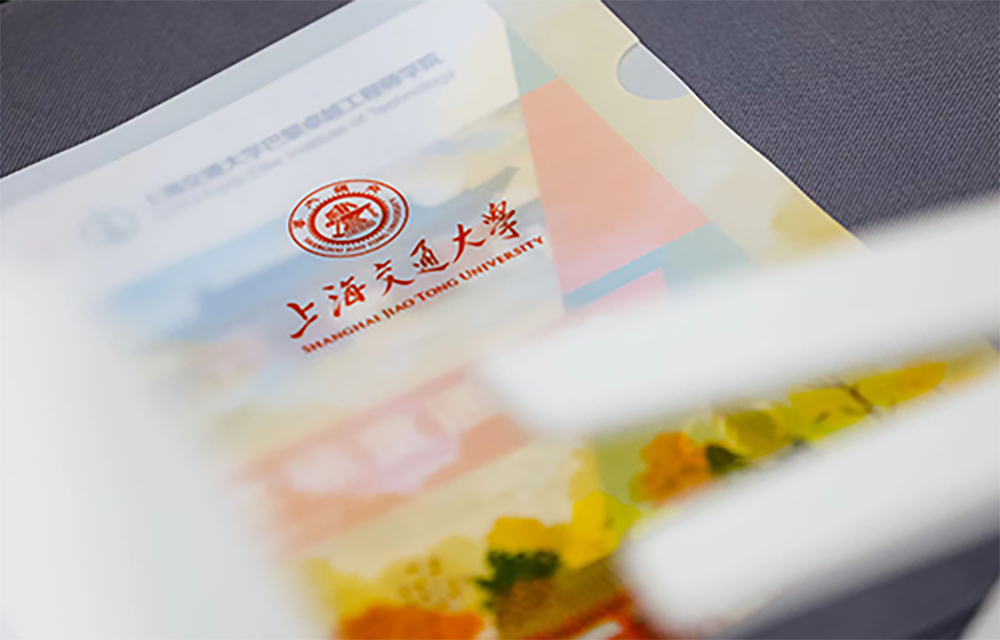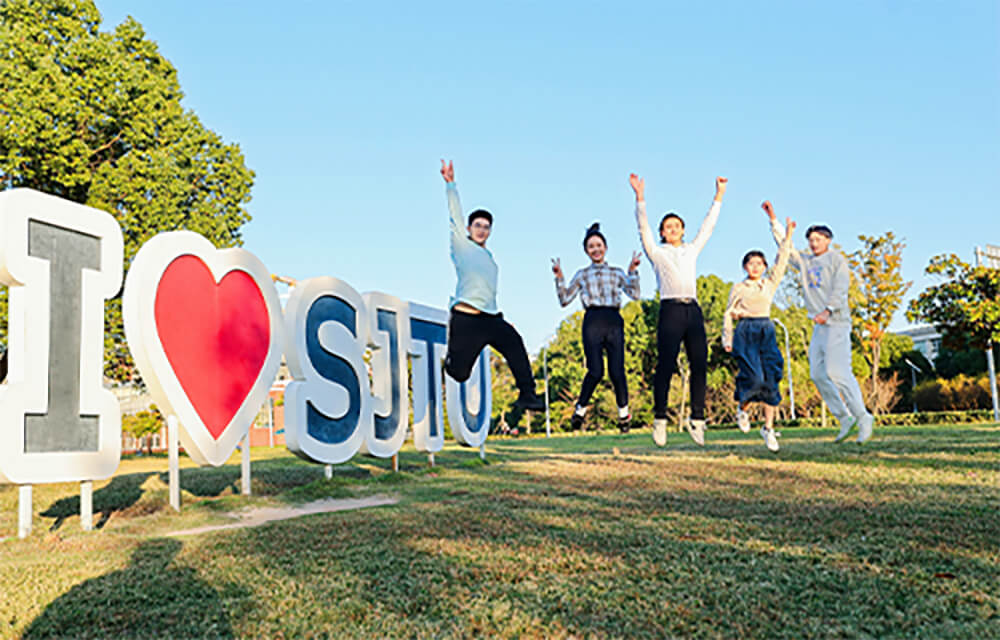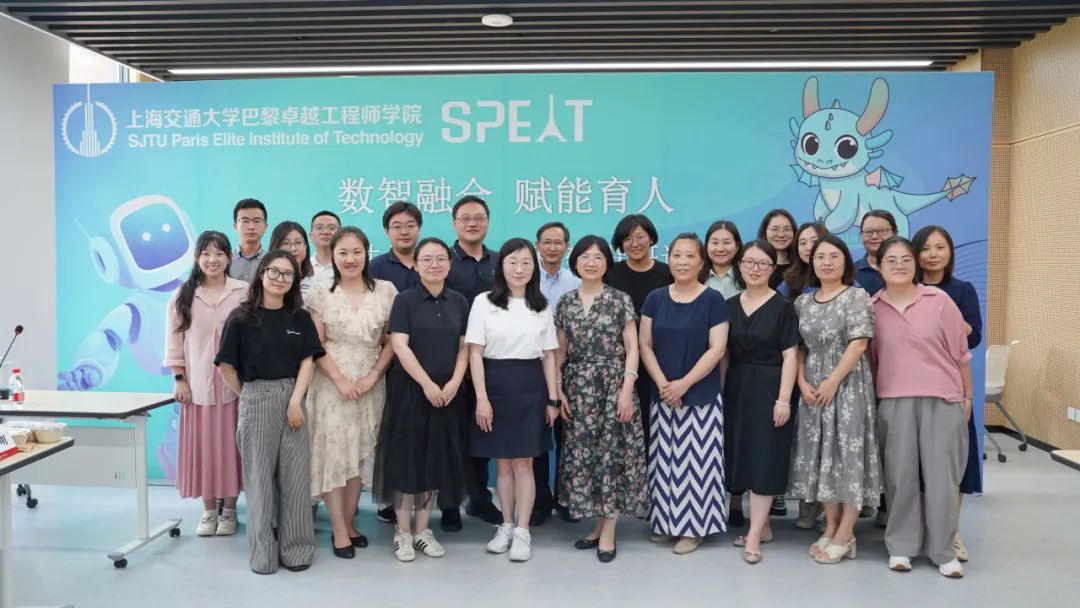

To deepen the development of "AI + curriculum" and promote the in-depth integration of artificial intelligence technology with education and teaching, the SJTU Paris Elite Institute of Technology (SPEIT) held a special symposium on "AI + Curriculum Development" on July 9. The conference invited experts including Professor Shangguan Wenfeng, undergraduate teaching supervisor of Shanghai Jiao Tong University, Associate Professor Qiu Yihong from the Teaching Development Center, Director Zhang Siyu and Su Xiaoming from the Network Information Center, and He Qing and Gai Wenjing from the Educational Technology Center. Professor Chen Cailian, Chinese Dean of SPEIT, and Vice Dean Lu Jialiang attended the meeting. Nearly 30 teachers and administrative staff participated in the discussion and exchange through a combination of online and offline methods.

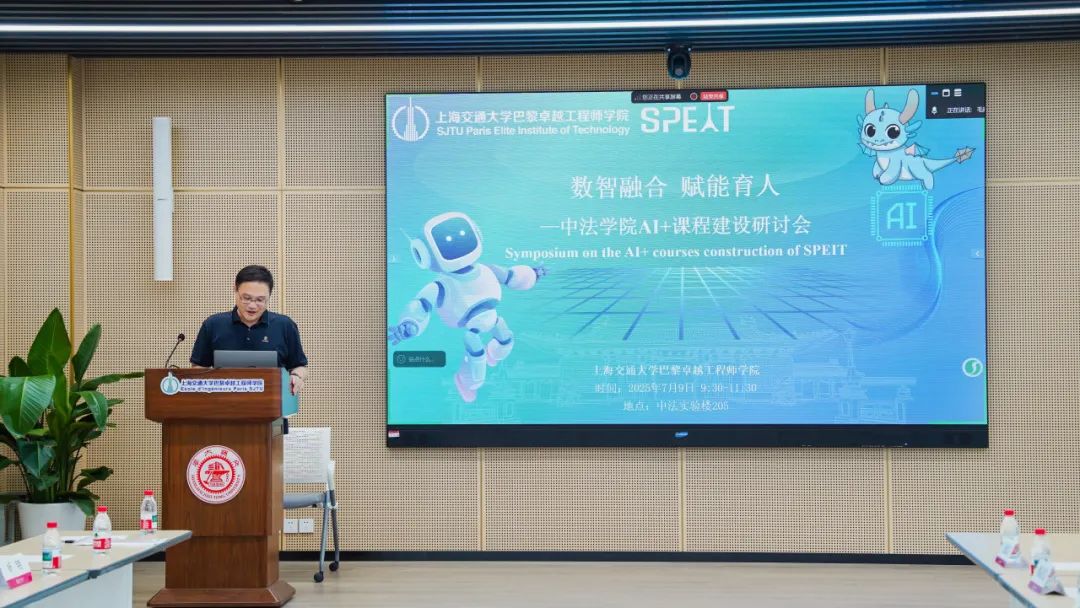
The symposium was hosted by Lu Jialiang. He pointed out that this symposium is of great significance for promoting educational innovation and deepening the development of "AI + curriculum". Currently, artificial intelligence is becoming a key fulcrum for educational reform, profoundly affecting teaching models, curriculum systems, and evaluation mechanisms. He hoped that participating teachers would conduct in-depth exchanges based on their diverse backgrounds, explore the integration points between AI and Sino-French integrated teaching, and jointly contribute to the cultivation of talents with a global perspective and innovative capabilities.

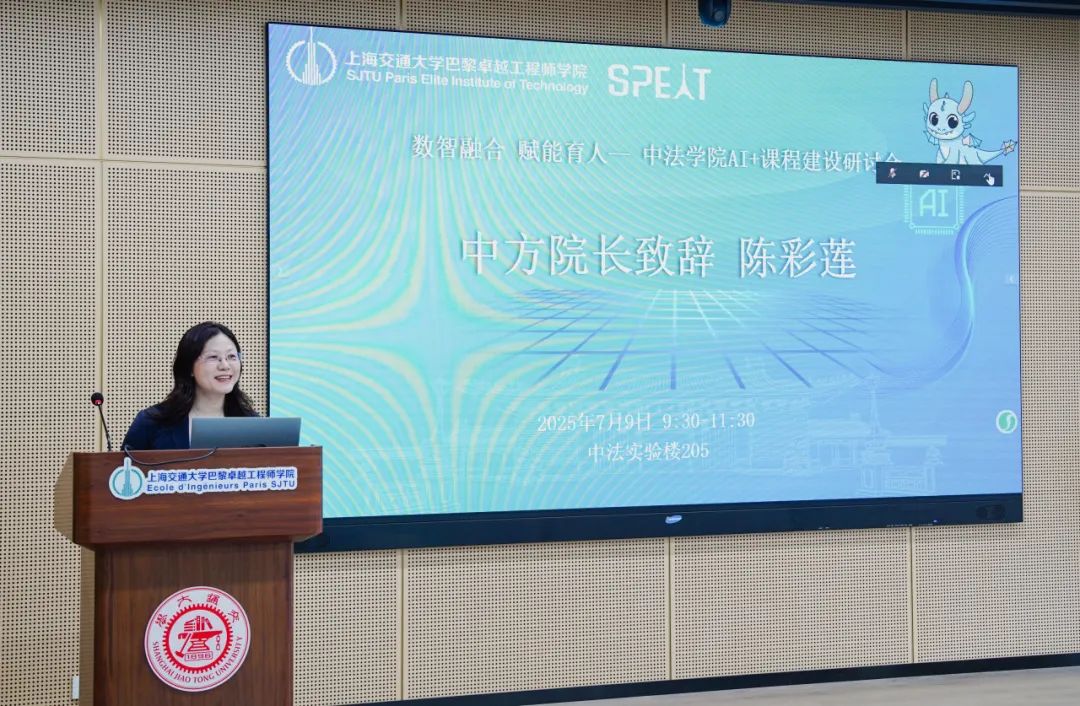
In her speech, Chen Cailian noted that as a frontier for Sino-French educational integration, exploring the application of AI in teaching and talent cultivation is of great significance. The college adheres to the philosophy of "strengthening foundations, diversity, global vision, and industry elites", has built a 6.5-year integrated undergraduate-master system, focused on teaching difficulties, promoted the deep integration of AI into teaching, and has achieved a number of distinctive results. She expressed the hope that participating teachers would in-depth discuss the college's characteristic practices in AI applications and actively put forward suggestions. In the future, the college will continue to expand the application boundaries of AI and promote it to release greater potential.

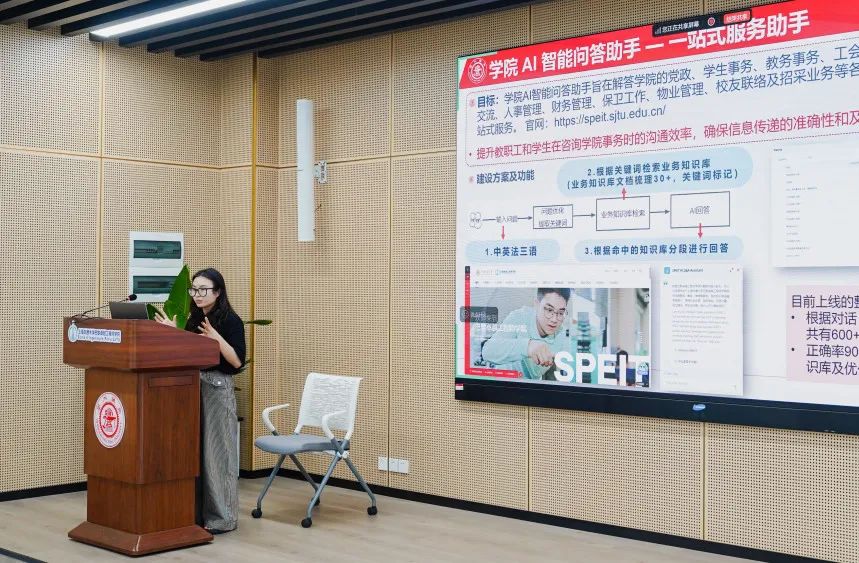
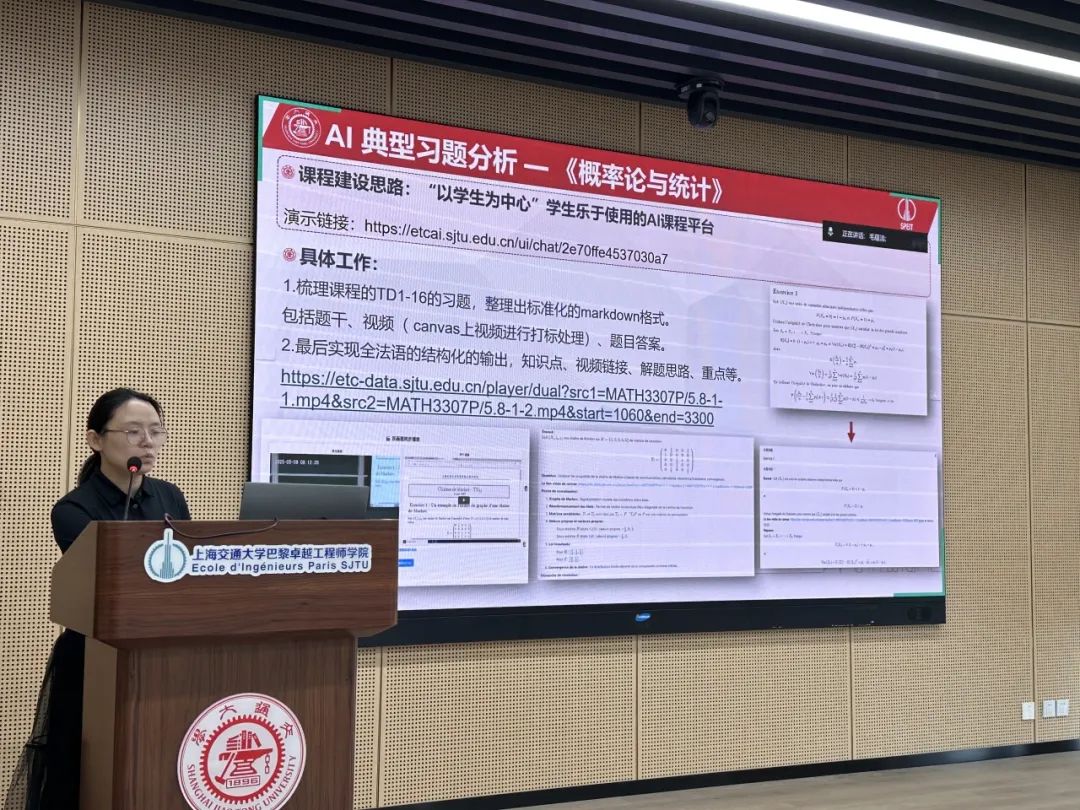
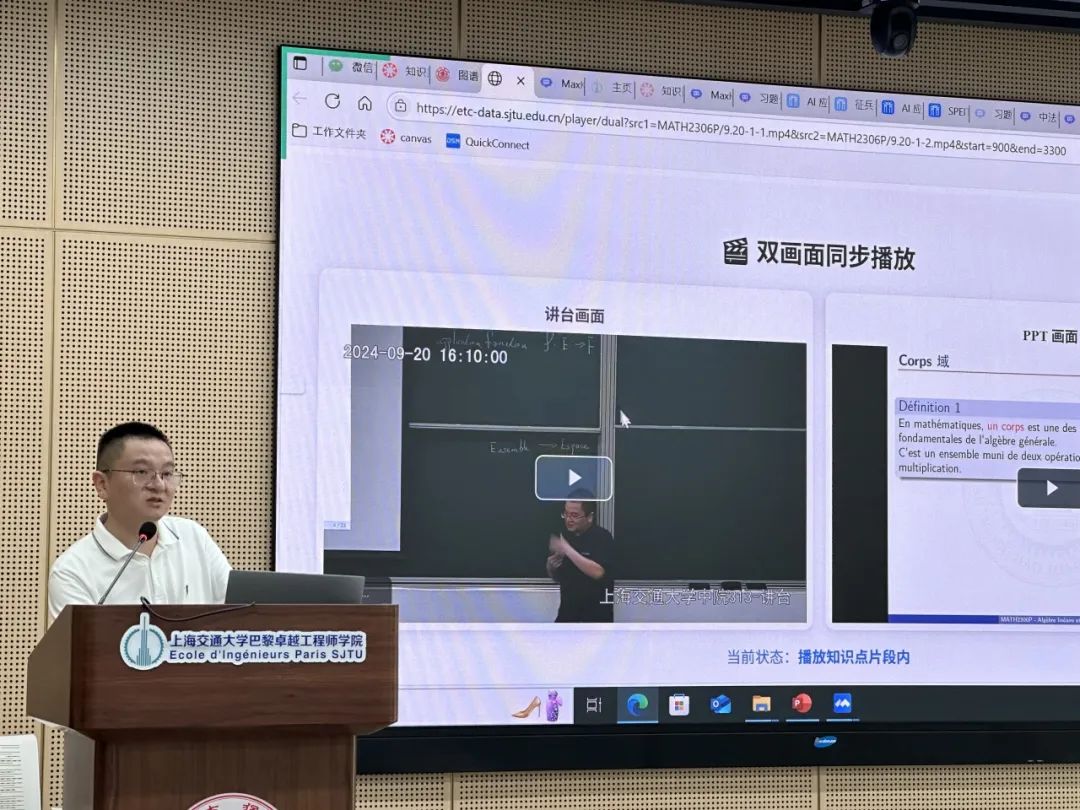
Subsequently, Mao Yunjie, IT support teacher of the college laboratory, reported on the progress of the Sino-French "AI + Platform" construction. Relying on university-level department resources, the platform has developed personalized functions such as an AI intelligent question-answering assistant, AI exercise analysis assistant, AI intelligent lesson preparation assistant, AI intelligent question-generating assistant, and AI + knowledge graph application, and elaborated on the construction ideas of each AI assistant.
Then, Zhang Liwei, a teacher from the Mathematics Group, shared the application practice of the "AI Typical Exercise Analysis Assistant" in the course Probability Theory and Statistics. She proposed to build a "student-centered" user-friendly AI curriculum platform, which helps students deepen their understanding and consolidation of classroom exercise knowledge by providing three-in-one intelligent tutoring services of "problem-solving ideas + knowledge point tracing + engineering application".
Ji Hongjun, another teacher from the Mathematics Group, shared the exploration results of "AI + Knowledge Graph" in the course Linear Algebra and Bilinear Algebra I. He introduced how to take knowledge points as the entry point, match multi-dimensional learning resources with one click, and integrate AI auxiliary tools to realize real-time Q&A, thus building a complete closed loop of "learning - practice - reinforcement".

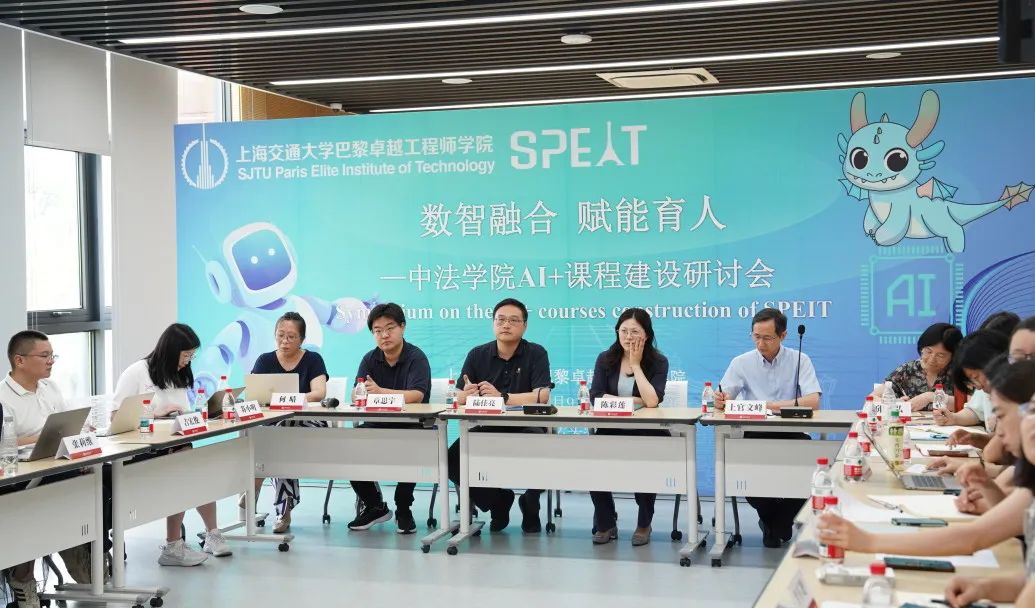
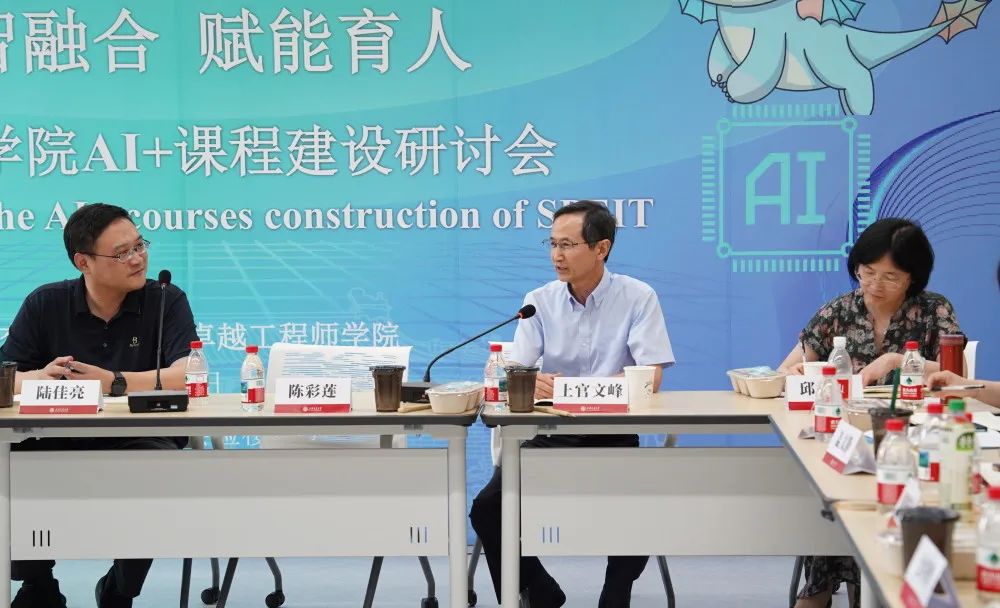
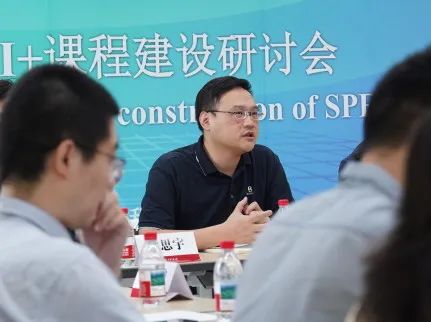
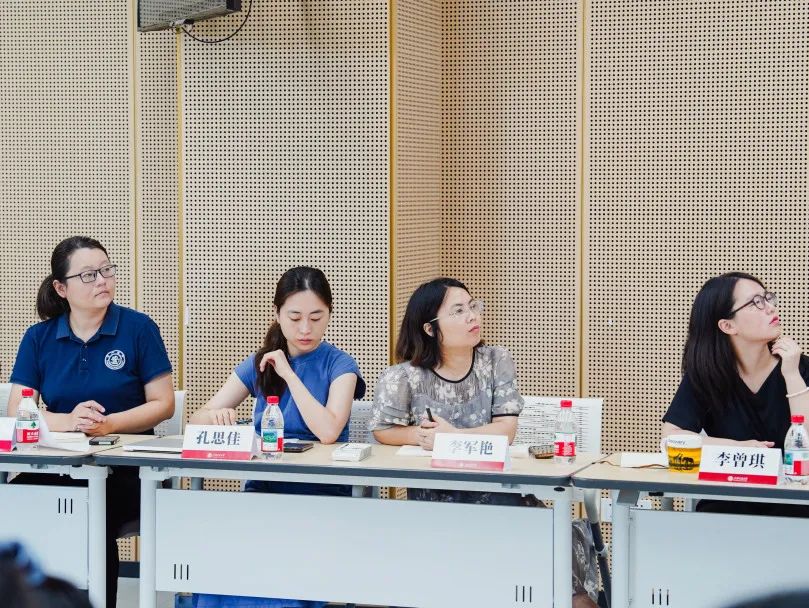
After the reports, the on-site guests highly affirmed SPEIT's exploration and practice in "AI + curriculum" development. They believed that its characteristic tools accurately respond to key pain points in teaching, take a solid and valuable step in promoting "student-centered" technology implementation, and provide experience that can be learned from by similar institutions.
Subsequently, participating teachers and experts conducted in-depth discussions on the application of AI in teaching scenarios, with exchanges featuring both practical depth and theoretical forward-looking. Everyone focused on several core issues: How to realize scientific process evaluation in AI-assisted learning? How to collaboratively develop interdisciplinary courses? How can AI truly improve the learning experience? Which application scenarios are more valuable? The guests responded in depth to each issue with specific cases.
Qiu Yihong, taking the flipped classroom as an example, pointed out that AI can accurately identify knowledge blind spots through students' preview data, improving the pertinence of classroom interaction; He Qing introduced the real-time subtitle interaction function, which not only breaks language barriers but also provides an expression channel for introverted students, helping teachers discover potential confusion. AI can also quickly generate reports through intelligent analysis of students' common problem-solving errors, providing data support for adjusting teaching strategies.
Shangguan Wenfeng dialectically pointed out that although AI can improve teaching efficiency, it still faces challenges such as the breadth and accuracy of knowledge sources in professional courses, and how to truly empower education still needs exploration; at the same time, the unique value of traditional classrooms in cultivating interpersonal and teamwork skills cannot be ignored.
The on-site discussions were intense with clashing viewpoints, providing multi-dimensional ideas and practical paths for subsequent teaching reform and technology integration.
SUMMARY
The college will take this symposium as a new starting point, systematically sort out the achievements and innovative paths of "AI + curriculum" development, and continue to promote the in-depth integration of artificial intelligence with Sino-French integrated education. In the future, it will focus on "technology empowering teaching and innovation driving education", expand the application scenarios of AI in basic disciplines and engineering practice, promote its evolution from an auxiliary tool to the reconstruction of teaching ecology, stimulate new vitality in educational integration, create a model of AI-enabled education, and inject new momentum into Sino-French educational cooperation.





